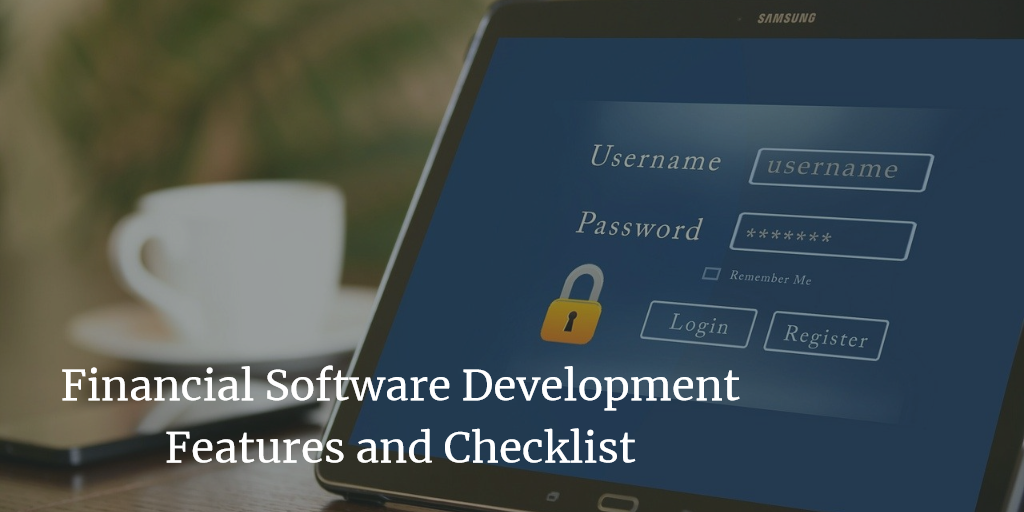To successfully do anything in life you need to have an understanding of what is being asked of you and how you make the most of any situation. This is especially important when you are looking into investing, regardless of whether you are heading for stocks or currencies.
It’s common sense to know what you are doing before you start. However, if you’re about to start investing in currencies or other market trades, you don’t just need to understand how the system works. You also need to understand the most commonly used words and phrases.
Fortunately, the best brokers have an extensive glossary of financial terms, designed to help. Make sure you take a look before you start trading.
Terms You Need To Know
- The Ask
The ask is the lowest price someone will take for a specific asset. In other words, it’s the buying price.
- Bid Price
The bid is the opposite, it’s the selling price and is lower than the ask. The difference between these two figures is generally referred to as the spread.
- Assets
An asset is anything that can earn you money. It may be something you physically buy or simply something you are trading on. Such as the movement of a particular currency.
- CFD
Contracts for difference allow you to trade on the movement of an asset without having to purchase the asset. It is possible to earn funds even when the asset decreases in value.
- Leverage
Leverage is the amount of funds you need to make a trade. In traditional investing, that means purchasing the asset to re-sell. When trading in currencies you simply need to cover your position. That means the maximum amount of funds you could lose if you have read the trade wrong.
You never own the asst in CFD trading.
- Pips
The size of a pip will depend on what market you are dealing with. But, in all cases, a pip is the least amount of movement an asset price can make. It’s the Percentage In Points and is usually listed to two decimal places.
- Stop-Loss Orders
This is a safety technique that you can implement forcing the closing of a trade if the price hits a certain point. The point is low enough that you will have made a loss. However, the stop-loss order reduced the amount of your loss.
Extras
Knowing the right terms is beneficial. But, you also need to understand the extras. That’s what trades are available when you can trade, and what the market is currently doing.
After all, if you don’t know what is going on in global events you won’t be able to use that information to help you make the right trades.
But, the most important term of all isn’t in the glossary. It’s simply knowing your own limits. In other words, you need to know when to invest and when to pull back. This decision is generally helped by setting a limit on the amount you can use to invest each day. It will help keep your funds going instead of wasting them in one day.






